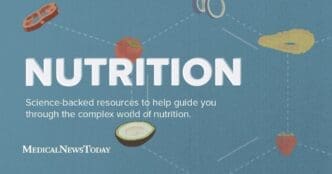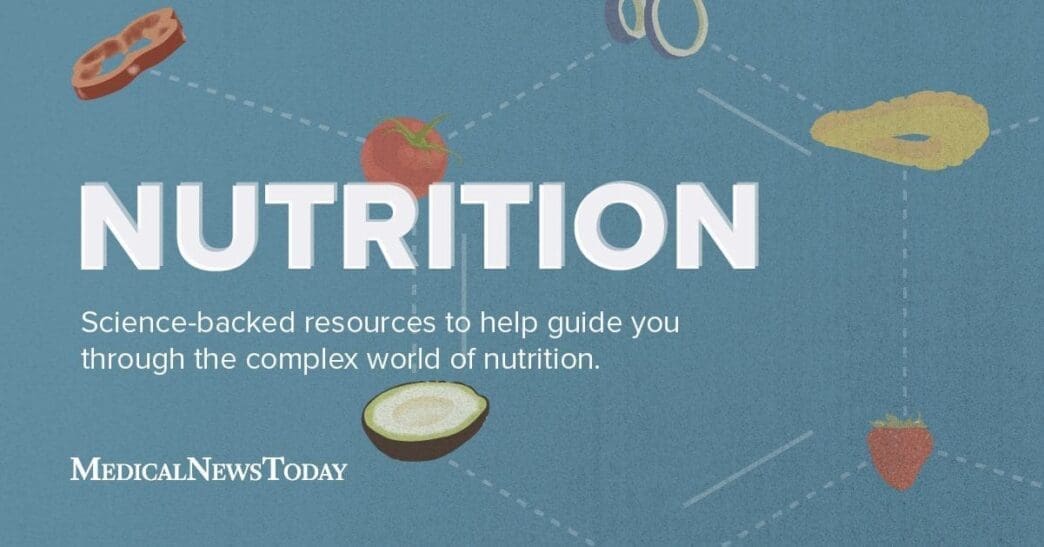Recent research underscores the significance of diet choices in managing health conditions such as diabetes and cognitive decline. This investigation highlights the potential benefits of reducing ultra-processed foods and adopting diets like MIND, which may particularly benefit women.
A recent study suggests that substituting ultra-processed foods with healthier alternatives can considerably lower the risk of type 2 diabetes. Additionally, the MIND diet, which combines elements of Mediterranean and DASH diets, shows promise in reducing cognitive decline, particularly in women. Moreover, consuming four daily servings of cruciferous vegetables, such as broccoli and kale, is associated with lower blood pressure.
Moderate coffee consumption has also been linked to a decrease in the risk of diabetes and heart disease. Meanwhile, the concept of a ‘longevity diet,’ which focuses on higher carb intake and intermittent fasting, emerges as a potential strategy to slow aging. Understanding the essential nutrients in a balanced diet is crucial as they are necessary for the body’s proper function.
Different dietary practices such as vegetarianism and veganism eliminate or significantly reduce meat and animal products. These diets emphasize whole foods and aim to support sustainable and healthful living. Variants like the keto and vegan keto diets adjust macronutrient intake to potentially assist with weight loss and other health benefits.
Understanding nutrition scientifically can sometimes be challenging due to varying classifications of what is ‘healthful.’ Nutritionists and dietitians, though often confused, differ in their qualifications and approach to dietary planning. Carbohydrates provide essential energy, whereas proteins are vital for bodily functions. Dietary fiber and fats are essential for health, with good fats promoting heart health.
Eating a variety of nutrient-rich vegetables and fruits supports overall well-being. Reducing sugar intake can prevent conditions such as obesity and diabetes, and specific dietary choices can aid in managing pregnancy, mental health, and chronic conditions like multiple sclerosis and ulcerative colitis.
Diet choice also plays a critical role in weight management. For instance, the 5:2 and 16:8 intermittent fasting approaches help manage weight by altering eating patterns. The keto diet focuses on low carbohydrates to encourage weight loss and health benefits, while the Dukan diet emphasizes high protein consumption. Moreover, support from nutrition apps can facilitate better dietary choices and health tracking.
Exploring various dietary frameworks reveals the complex interplay between nutrition and health. Implementing informed dietary choices can enhance well-being and manage health conditions effectively.
Source: MedicalNewsToday








